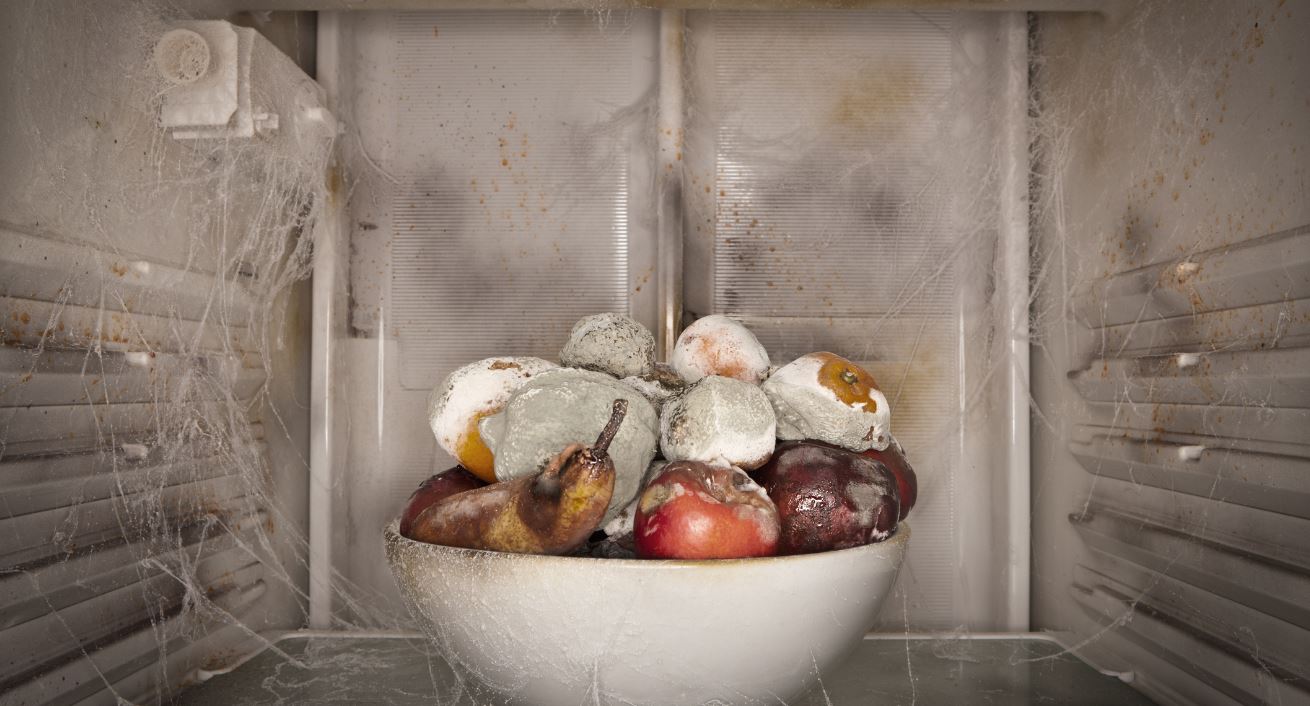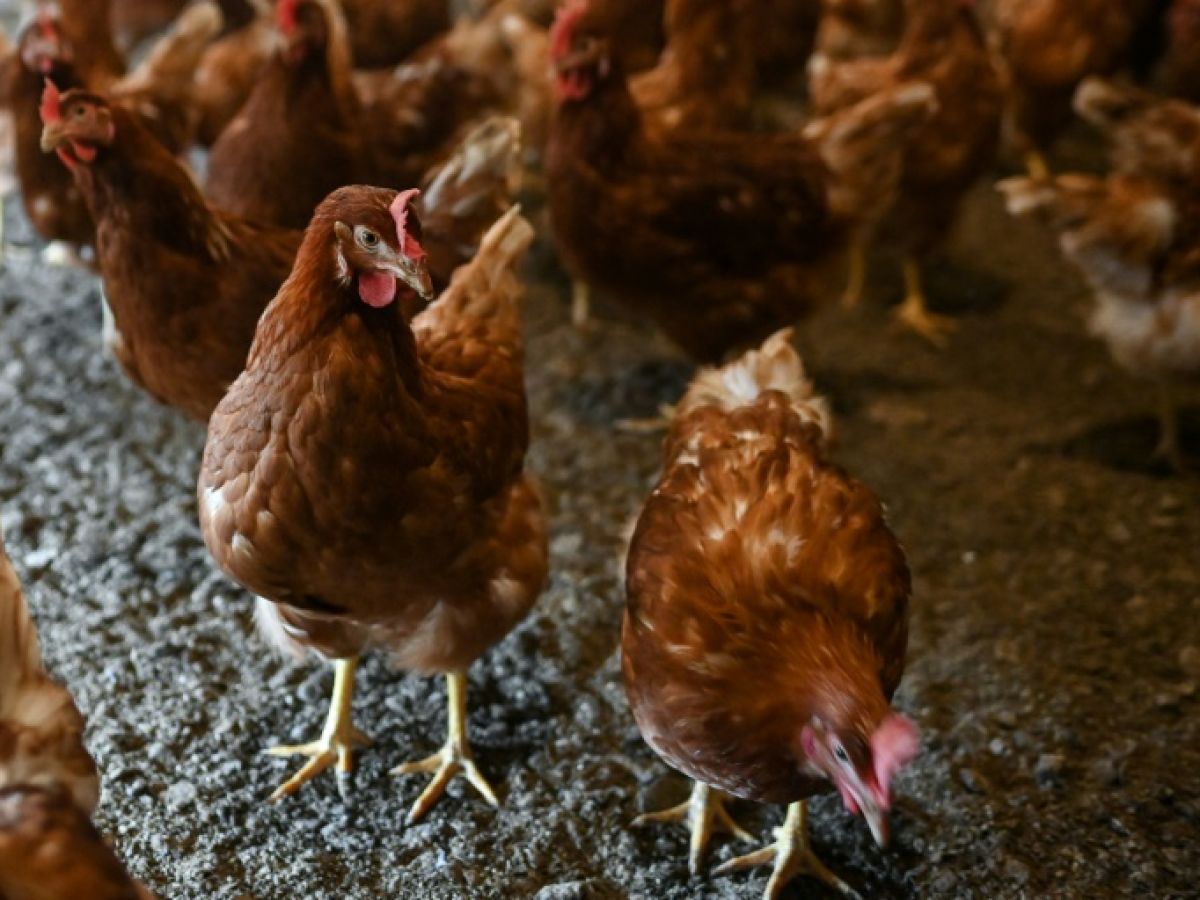
The negative impact of human activity on the environment is often vast and irreversible. Food waste can be easily solved, especially at home. Fruits and vegetables are among the foods that people throw away the most.
According to UNEP's Food Waste Index 2024 report, the world will have thrown away 1.05 billion tonnes of food by 2022. The UNEP Food Waste Index 2024 report states that households account for 60 %, or 631 million tonnes, equivalent to 40 London buses or 1.3 meals a day for all people affected by hunger.
Food loss and waste can also contribute up to 10 % to greenhouse gas emissions. That’s five times more than the aviation industry. Penta data shows that 50 million tonnes (50 million tons) of European fruit and vegetables are wasted due to their size, shape or other defects. That means a third aren’t sold in supermarkets, while a further 40 % are rejected because they’re “ugly”.
Manufacturers have Reducing production waste has led to significant gains.This can often lead to cost savings and reduced carbon emissions. Manufacturers can do more, particularly in the fruit and vegetable sector.
Susanne Meyer, CEO of the European Fruit and Vegetable Processors Association, advises: “Reduce food waste by processing fresh, seasonal produce in time, at its peak of ripeness, when vitamins and nutrients are preserved.”
What can manufacturers do to reduce food waste in the sector?
Meyer says manufacturers need to ensure products have the longest possible shelf life to minimise losses due to damage or deterioration of products during transport and storage. With consumers in mind and in terms of packaging sizes, products that are “conveniently portioned, already peeled and prepared” would allow consumers to plan their meals efficiently and reduce waste.
Producers are not the only ones who need to do more to end food waste in Europe. Consumers also need to be involved. Experts say frozen food is one solution. It’s a food category that has been around for a while, but is not usually high on consumers’ agendas.
Rupert Ashby, CEO of the British Frozen Food Federation, argues that the only way to change the narrative around frozen food is for manufacturers to continue to talk about the benefits of frozen food.
He explains that there is a strange myth that frozen foods are not as healthy or tasty as fresh foods. But frozen can help lower cholesterol. [household food] "You can reduce waste by controlling portions. For example, you only use what you need from a bag of frozen peas and put the rest back in the freezer."
How to reduce food waste
- During harvest, unwanted or inedible plant parts, such as cauliflower leaves, carrot tops or pea pods, can be removed and reintroduced into the soil to improve organic matter.
- Crop residues that are not used for human or animal consumption can be recycled to produce energy through biomethanization.
- Fruit and vegetable processors may use misshapen, oversized or undersized fruits and vegetables to maximize the potential of a harvest all the way to a consumer's plate.
European Association of Fruit and Vegetable Processors
Ashby acknowledges that while UK supermarket sales are stable, more could be done. Last year, the organisation launched an autumn campaign promoting the benefits of frozen food. 42% of shoppers said they would buy more after learning about the benefits of the category.
But [false]People have a negative perception of frozen foods and it's hard to change their minds, especially when it comes to the benefits of reducing waste.
Portugal, Switzerland, Italy, Serbia and Malta are the five countries in Europe that waste the most food per person.
In 2021, the European Commission launched its Consumer Food Waste Forum to find solutions to consumer food waste. The EC stated that “Member States will be required to implement food waste reduction measures by 2030 – 10 % in processing and manufacturing, and 30 % for retail and consumption.”
Countries with the highest household food waste
The UK ranks among the 10 worst performing non-EU countries. British households waste more than 70kg of food per person. The UK has also set a target to reduce food waste by 2030 Courtauld Commitment: 50 % reduction on the price of 30 products.
Sarah Heap, food storage specialist at electricity distributor AO, says the key to reducing waste is technology, specifically freezing. It can help us live more sustainably and people should ensure they maximise the shelf life of their food.
For example, items from our [recent] survey, including bread, cheese and broth, can be frozen if prepared correctly.
The average Briton throws away £527 worth of essential frozen food every year. That's the equivalent of £41,000 over their lifetime.
Britain and Europe do not have the highest food waste rates. China, with 92 million tonnes of food wasted each year, is followed by India with 69 million.
According to USDA estimates, up to 40 billion of America's food is wasted, or 60 million tons in total. 43 billion of that comes from households.


